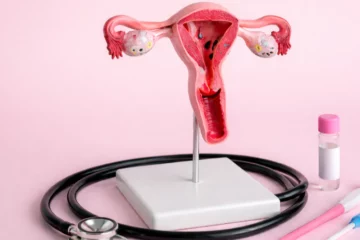
LOS ANGELES, April 6 — Researchers at the University of California Los Angeles created a platform to help doctors determine the right drugs and doses for patients based on their unique biological traits, according to a new study.
The technological platform the researchers designed, Phenotypic Personalized Medicine, helped transplant doctors in the study select the best treatment for patients, achieving “truly personalized medicine,” the researchers said.
PPM measures biological traits such as blood pressure, tumor size or organ health to plot points on a graph showing corresponding points of drug dose and patient response to treatment, with the data directed by the treatment goal.
The system creates a parabola — a graph shaped like a “U,” either right-side up or upside down — giving doctors a visual guide of the precise doses best used with a particular patient.
“This study shows that we can pinpoint drug doses that can substantially improve patient outcomes,” Dr. Ali Zarrinpar, an assistant professor of surgery at UCLA, said in a press release. “The ability to confidently and systematically guide the treatment of each patient is a critical advance in minimizing the chance that transplant recipients will reject their new organs, while also avoiding drug side effects.”
For the study, published in the journal Science Translational Medicine, researchers used the system with a group of eight people who had recently had liver transplants, randomly using the system with half of them to determine the correct amount of immunosuppressive drugs to prescribe each of them.
The researchers found the four patients whose treatment was based on the PPM graph spent as much as 50 percent less time outside the ideal range of the drug tracrolimus in their system than patients whose doctors followed traditional methods of determining a prescription.
“Optimizing the drug ratios during combination therapy for a population or a specific patient has, until now, been virtually impossible,” said Chih-Ming Ho, who is UCLA Engineering’s Ben Rich–Lockheed Martin Professor, and a corresponding author of the study. “Our ability to calibrate how individual patients respond to treatment and to use that information to robustly guide their regimen based on the parabola-based approach has made personalized medicine a reality.”
[Source:- UPI]




